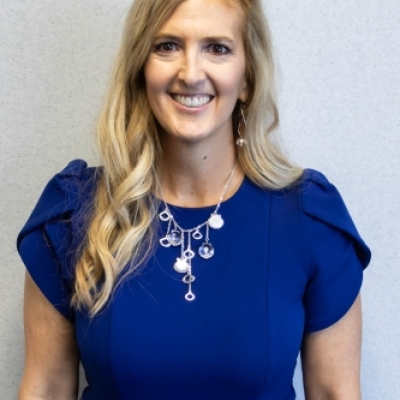Does the lure of a college scholarship alter student behavior and academic performance? That’s what economists Timothy J. Bartik and Marta Lachowska seek to answer in studying the Kalamazoo Promise, which awards scholarships from anonymous donors to all Kalamazoo Public School graduates who gain entry into a Michigan college or university and maintain a 2.0 GPA while there. Analysts examined outcomes for high school eligible and ineligible students from 2003 through 2008, which covers two pre-Promise years, the year of the announcement, and two post-Promise years. Eligible students are those who graduate from KPS and have been students for four or more years; ineligible students entered KPS after ninth grade. (Scholarship amounts differ depending on how long students are enrolled in KPS, with those there since kindergarten getting 100 percent of tuition covered.) Researchers looked at differences in the number of days suspended, days in detention, whether students completed any course credits in the school year, and GPA. Overall, they find that the Promise program increased by 9 percentage points the chances that a student earned any high school credits in 2007-08—the third year after the program was announced—but did not show increases in the two prior years. The program also decreased a student’s time in suspension by 1.8 days in the third year. The biggest impact was on African-American students, whose GPAs increased in year three by roughly 63 percent of a standard deviation—that’s a lot--and also saw a three-day decrease in suspensions in year three. (Keep in mind, though, that black students, on average, had lower GPAs and more days in suspension.) We don’t yet know how the program will impact college-going and completion (the study examined only short-term outcomes), but so far the Promise is living up to its promise.
Timothy J. Bartik and Marta Lachowska, “The Kalamazoo Promise Scholarship” (Boston, MA: Education Next, Spring 2014).
